Write What You Know…Absolutely Nothing About
 Do you ever get Paganini’s La Campanella stuck in your head? Are you addicted to Puccini operas? Do your hands feel achy after you play Rachmaninoff? My answers are no, hell no, and ha, very funny.
Do you ever get Paganini’s La Campanella stuck in your head? Are you addicted to Puccini operas? Do your hands feel achy after you play Rachmaninoff? My answers are no, hell no, and ha, very funny.
To be honest, I know nothing about classical music. I have no ear for it, no cerebral mechanism to understand it, and no ability to tell good from bad. Do I voluntarily attend the symphony? Yes. Do I enjoy and appreciate classical music? Absolutely. But while listening to a concert, my mind will often wander to something completely different, like: do dogs really need to get their teeth cleaned, and should I have worn more comfortable pants, and would Michelle Obama and I be best friends if we ever met? (Yes, hell yes, and obviously.)
I grew up listening to records of Joni Mitchell, The Jackson 5, and James Taylor. Later I graduated to 8-tracks of Prince, The Cars, Supertramp, Blondie, and Duran Duran. But there wasn’t any Bach or Beethoven on the soundtrack of my childhood. I never took piano or violin lessons, and I certainly can’t read music. The farthest I ever got in my musical training was playing Hot Cross Buns on a recorder.
And yet I came up with a ridiculous plan to write a novel about two professional musicians who are the founding members of a classical piano trio. It’s not a book about music exactly, but it’s placed in that world. I had to go into detail about the schedules, finances, artistic differences, and especially the music of my characters. I wanted to get it right, and there were many moments I worried I wouldn’t be able to pull it off.
My first book, SMALL ADMISSIONS, was about the cutthroat world of New York City private schools, and I wrote much of it while working as an assistant director of admissions. I was more than confident about my understanding of how the whole process works, what life in an admissions office feels like, and how children behave in interviews.
But then I decided that one of my characters had a background in biological anthropology, a subject I knew absolutely nothing about. In LIMELIGHT, I wrote about dealing with teenagers; I’m a mom and a former high school teacher, so that topic was solidly in my wheelhouse. But I knew very little about Broadway contracts, choreography, or the posh apartments of the wealthiest New Yorkers.
We’ve all heard the advice “write what you know,” but ultimately “write what you know and learn as much as you can about what you don’t know” is more accurate (if a lot less catchy). When building the world — and that includes the jobs and hobbies — of fictional characters, we sometimes have to write what we know nothing about, and it seems the best way to do that is by reading, learning, and, best of all, talking to experts. Writing about careers I’ve never had and skills I don’t possess means I have to rely on other people to share their knowledge with me. For example, I cold-called a graduate student at the closest university who agreed to meet me over drinks (my treat) to explain everything I needed to know about biological anthropology.
I took Tony Shalhoub (a friend of a friend) to lunch so I could hear about his experiences acting in Broadway shows. I have called on so many people, many of whom are writers themselves, who have expertise in one field or another. What would I do without their help?
In MUSICAL CHAIRS, Bridget and Will, a cellist and pianist respectively, have been friends and members of the Forsythe Trio since college. They’re at a crossroads: Having lost their violinist again, they have to decide if they can keep their enterprise going.
I’m not exaggerating when I say I started writing this book with no knowledge of the classical music world. I made loads of mistakes in my first draft, and then I asked for help. My son Luke, a music major at NYU, answered a million questions about specific pieces of music, conductors and composers, and the act of performing.
I then enlisted the help of author Marcia Butler (PICKLE’S PROGRESS) who was endlessly patient and helpful as she advised me on all things related to chamber music; a professional oboist, Marcia was also my first beta reader. And when I was pretty sure I had the lives of my musicians straightened out, I called on more writer friends: Kira Jane Buxton (HOLLOW KINGDOM) explained parrot behavior after I decided to give one to a character as a pet.
Amanda Stauffer (MATCH MADE IN MANHATTAN) helped me with the ins and outs of barn restoration, and Julie Clark (THE ONES WE CHOOSE) gave me the low down on genetics and sperm donation. If you reach out to your community—through a post on Facebook, for example—in search of someone who knows about growing vegetables, working for the Secret Service, driving racecars, or even stanning for Duran Duran in the eighties, you’ll find so many writers who are happy to help. Bonus: it’s a great way to make new writer friends.
We can’t only write what we know because we can’t be experts on all topics, and there will always be elements to our characters’ lives that need bolstering. My next book features a woman who makes porcelain teacups for a living… which reminds me: Does anyone reading this know anything about ceramics? And would you be willing to meet me for a drink to talk? My treat.
—
Amy Poeppel is the author of the novels SMALL ADMISSIONS and LIMELIGHT. Her latest novel MUSICAL CHAIRS will be released in July 2020. Her comedic writing has appeared on The Rumpus, Belladonna Comedy, Mock Mom, and Working Mother. She and her husband have three sons and split their time between Frankfurt, Connecticut, and New York City.
MUSICAL CHAIRS
 “Poeppel has created a story that is well thought out, well plotted, well written, and fully developed. A delightful novel that celebrates the messiness and joy to be found in real life.” —Kirkus Reviews (starred review)
“Poeppel has created a story that is well thought out, well plotted, well written, and fully developed. A delightful novel that celebrates the messiness and joy to be found in real life.” —Kirkus Reviews (starred review)
“100% page-turning delight…Pull out a lawn chair and prepare to read this gleefully entertaining novel.” —Stephen McCauley, author of My Ex-Life
The “quick-witted and razor-sharp” (Taylor Jenkins Reid, New York Times bestselling author of Daisy Jones & The Six) author of Limelight and Small Admissions returns with a hilarious and heartfelt new novel about a perfectly imperfect summer of love, secrets, and second chances.
Bridget and Will have the kind of relationship that people envy: they’re loving, compatible, and completely devoted to each other. The fact that they’re strictly friends seems to get lost on nearly everyone; after all, they’re as good as married in (almost) every way. For three decades, they’ve nurtured their baby, the Forsyth Trio—a chamber group they created as students with their Juilliard classmate Gavin Glantz. In the intervening years, Gavin has gone on to become one of the classical music world’s reigning stars, while Bridget and Will have learned to embrace the warm reviews and smaller venues that accompany modest success.
Bridget has been dreaming of spending the summer at her well-worn Connecticut country home with her boyfriend Sterling. But her plans are upended when Sterling, dutifully following his ex-wife’s advice, breaks up with her over email and her twin twenty-somethings arrive unannounced, filling her empty nest with their big dogs, dirty laundry, and respective crises.
Bridget has problems of her own: her elderly father announces he’s getting married, and the Forsyth Trio is once again missing its violinist. She concocts a plan to host her dad’s wedding on her ramshackle property, while putting the Forsyth Trio back into the spotlight. But to catch the attention of the music world, she and Will place their bets on luring back Gavin, whom they’ve both avoided ever since their stormy parting.
With her trademark humor, pitch-perfect voice, and sly perspective on the human heart, Amy Poeppel crafts a love letter to modern family life with all of its discord and harmony. In the tradition of novels by Maria Semple and Stephen McCauley, Musical Chairs is an irresistibly romantic story of role reversals, reinvention, and sweet synchronicity.
Category: How To and Tips, On Writing




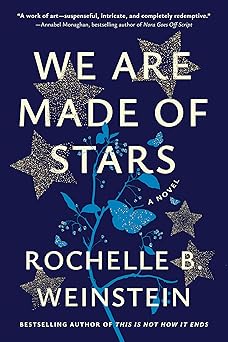
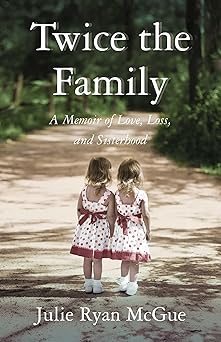
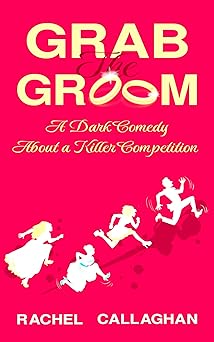
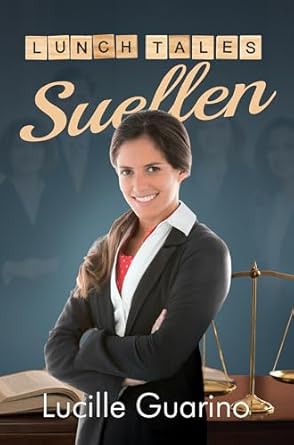

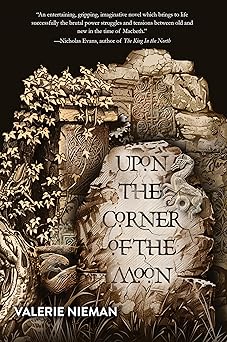
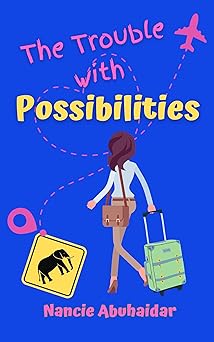
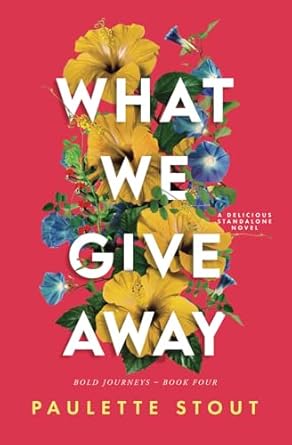
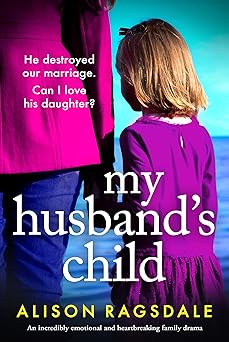
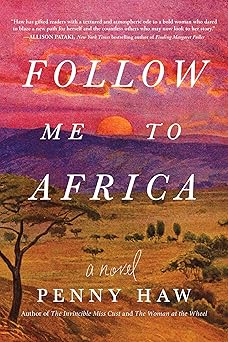
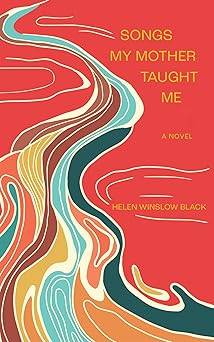
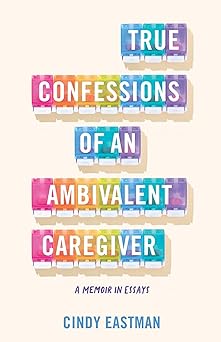
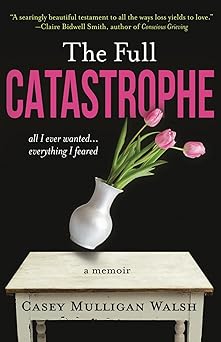
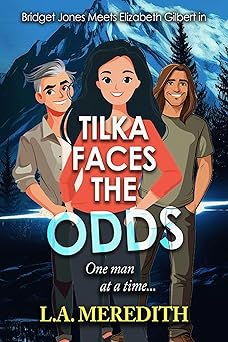
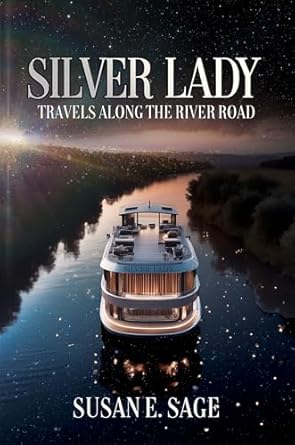
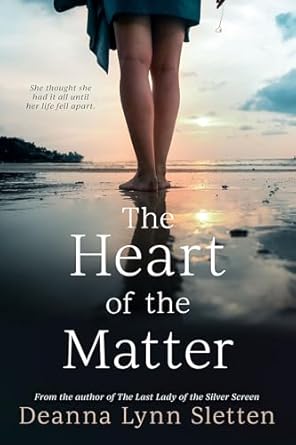
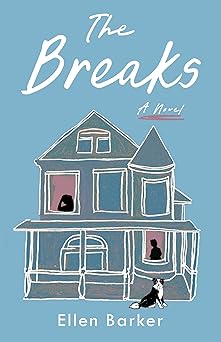
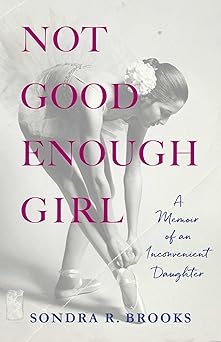
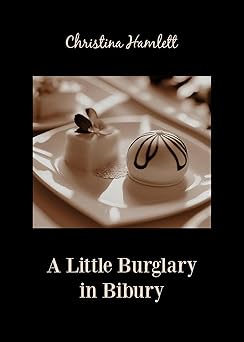
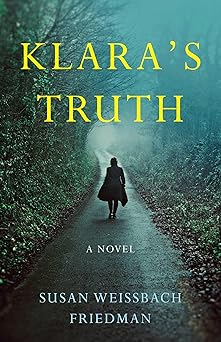
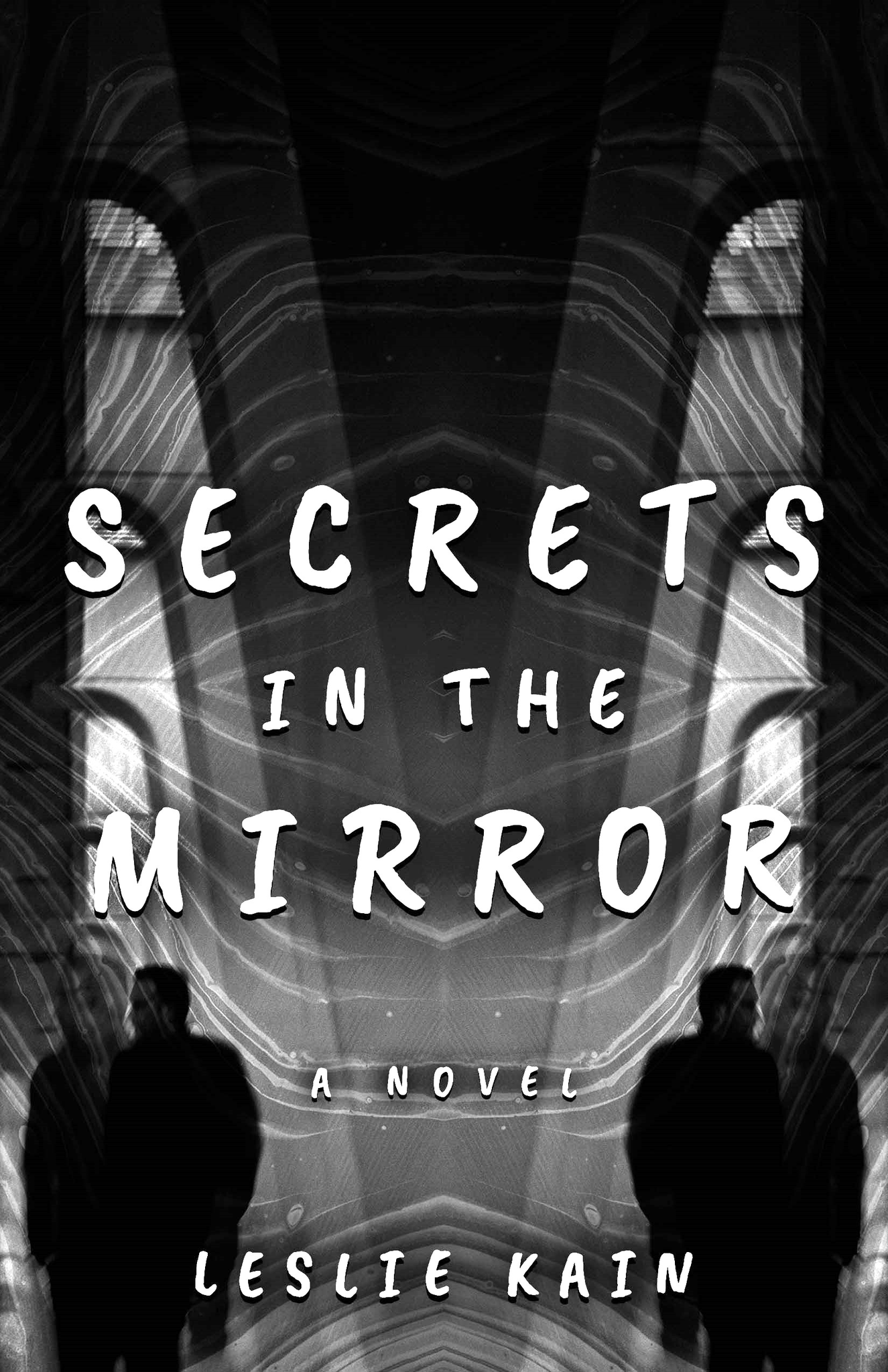
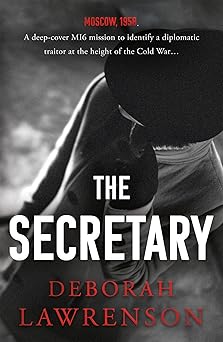
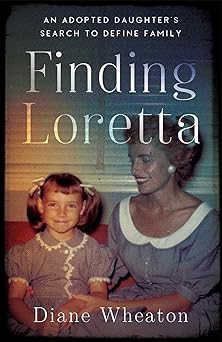
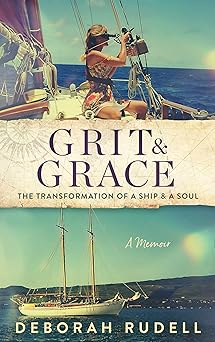
I meant to say, “I’m now pretty confident…
Hi Lisa!! So happy to hear from you! And good luck with your 19th C novel. I’m sure you will do gobs of research and will pull it off brilliantly! And yes, people are so generous when you ask for their expertise. Keep me posted!!! xoxo
I really enjoyed this article, Amy. Right now I’m working on my second novel. It’s historical fiction taking place in the mid 1800s. I keep wondering if I’ll be able to find an expert who can explain to me how people went about their lives at that time in New England, i.e, how they dressed, heated their homes, got fresh water, what they did for recreation, etcetera. From what you’ve written here, I’m not pretty confident I’ll find people to help me with technical accuracy.
I loved this article and your description of how your mind wanders while listening to classical music. I grew up with classical music and my mind wandered the same way, though often it made me think of other places.
I also appreciated how writing about one thing would lead to writing about something you knew nothing about before.
I’d love to chat about ceramics. I spent 20 years doing it and even wrote a how-to book about it (The Clay Canvas. Creative painting on Functional Ceramics) so do feel free to email me.
Happy to see my novel is in such good company this month.
Thank you Irene! I may take you up on that 🙂